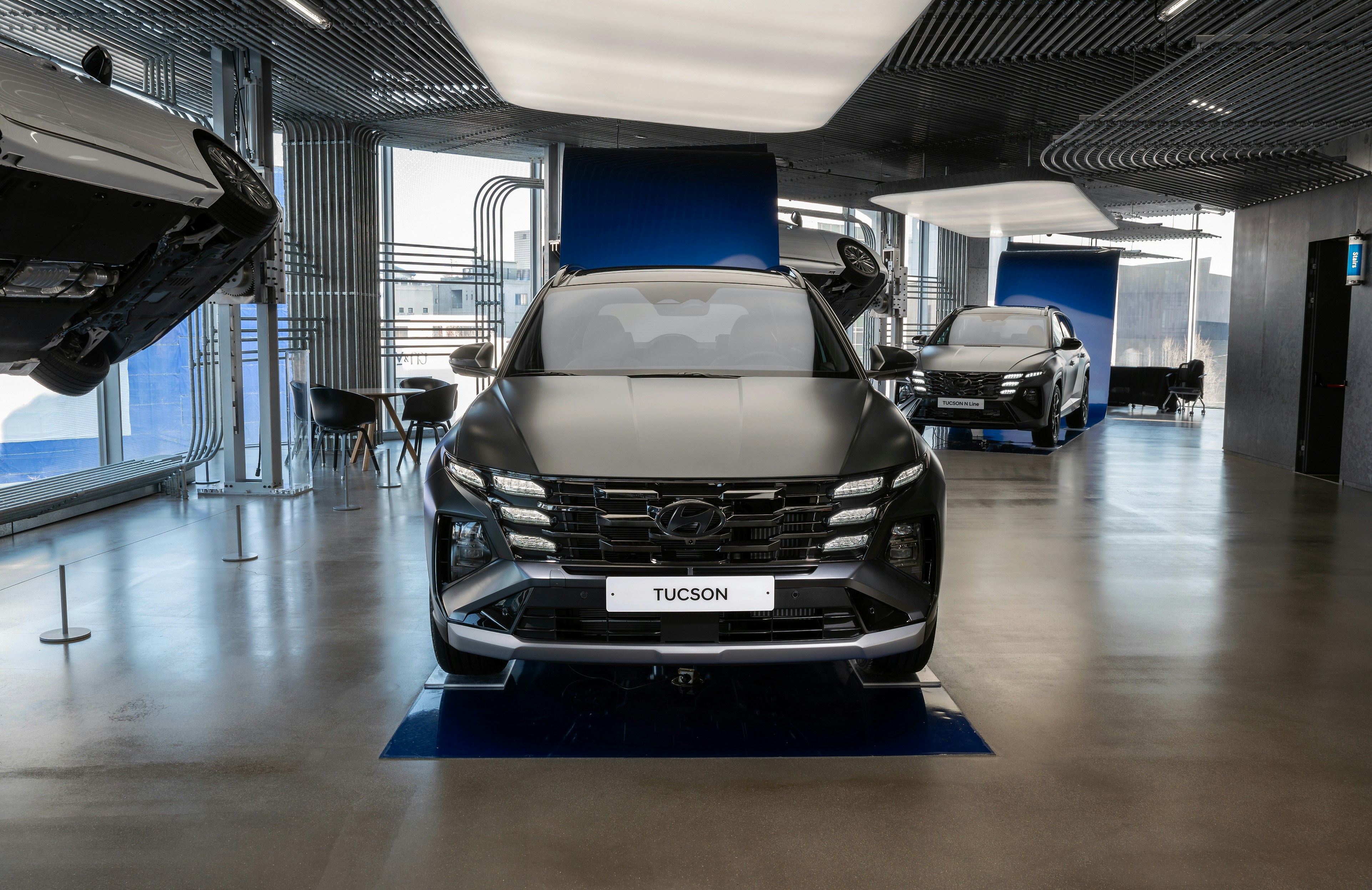Luxury SUV Deals: How to Find Value Without Compromise
Premium SUVs bring comfort, advanced safety, and status—but smart shoppers know the real magic is in the deal. Whether you’re considering a lease for lower monthly payments or financing to build equity, the right strategy can save thousands over the life of your vehicle. This guide breaks down how luxury SUV deals work, what affects pricing, and how to compare top models objectively, so you can make a confident decision based on facts and fit—not just flash.

How luxury SUV deals really work
Luxury SUV incentives typically come from two places: manufacturer programs (lease cash, APR promos, loyalty/conquest bonuses) and dealership-level discounts. Manufacturers adjust support based on supply, demand, and model lifecycle. Dealerships factor in their inventory, regional competition, and monthly sales goals. You’ll often get a stronger offer when a model has broad availability, faces new competition, or approaches a model refresh. True value isn’t just a lower sticker—it also includes warranty coverage, included maintenance, and projected resale value in your area.
Lease vs. finance: which fits your goals?
Leasing can deliver lower monthly payments and let you upgrade more frequently, but it comes with mileage limits and wear-and-tear guidelines. Financing generally costs more monthly, yet you build equity and have no mileage restrictions. Evaluate your ownership horizon, annual mileage, and desire for the latest features. If you drive under 12,000–15,000 miles per year and want flexibility every three to four years, a lease can be compelling. If you plan to keep a vehicle beyond five years or drive significant miles, financing often delivers better long-term value.
Timing and negotiation tactics
The strongest luxury SUV deals typically surface when supply is healthy and sales targets matter: end of month or quarter, during model transitions, and when updated trims are arriving. Research realistic transaction prices using recent listings in your area, request itemized out-the-door quotes from multiple dealers, and negotiate total cost (not just monthly payment). Consider trade-in value separately by obtaining third-party appraisals. Know your walk-away number and be prepared to finalize if a dealer meets it—decisiveness can unlock manager-level approvals that casual browsers don’t see.
bulk_create_keyword: what it means here
You might encounter terms like bulk_create_keyword in digital ads, emails, or URLs. In practice, this is often just an internal campaign tag used to organize or track marketing assets. It doesn’t change the deal itself. Focus on verifiable elements that affect cost—MSRP, discounts, lease money factors or APR, residual values, fees, and any loyalty or conquest incentives you qualify for. If a campaign label seems confusing, ask the dealer to clarify the actual numbers on the purchase or lease worksheet.
Real-world pricing and comparisons
Below are benchmark ranges for popular luxury SUVs to help frame expectations. These are broad estimates for new vehicles and common 36‑month leases for well-qualified buyers; actual offers vary by region, credit, inventory, and taxes/fees. Use them as a starting point, then validate with written quotes in your area.
| Product/Service | Provider | Cost Estimation |
|---|---|---|
| BMW X5 | BMW | Typical MSRP new: $66,000–$95,000; Typical 36‑mo lease: $800–$1,250/mo with ~$5,000 due at signing |
| Mercedes-Benz GLE | Mercedes-Benz | MSRP: $62,000–$90,000; Lease: $780–$1,200/mo with ~$5,000 due at signing |
| Audi Q7 | Audi | MSRP: $60,000–$80,000; Lease: $750–$1,100/mo with ~$5,000 due at signing |
| Lexus RX | Lexus | MSRP: $50,000–$70,000; Lease: $600–$900/mo with ~$4,000–$5,000 due at signing |
| Volvo XC90 | Volvo | MSRP: $57,000–$80,000; Lease: $720–$1,050/mo with ~$4,500–$5,000 due at signing |
| Genesis GV80 | Genesis | MSRP: $58,000–$80,000; Lease: $720–$1,050/mo with ~$4,500–$5,000 due at signing |
| Porsche Cayenne | Porsche | MSRP: $80,000–$150,000+; Lease: $1,200–$2,000+/mo with ~$6,000+ due at signing |
Prices, rates, or cost estimates mentioned in this article are based on the latest available information but may change over time. Independent research is advised before making financial decisions.
Features that drive lasting value
When comparing deals, evaluate total ownership value, not just the monthly payment. Strong resale and lower depreciation (often seen with brands like Lexus and Porsche) can offset higher payments. Standard maintenance plans (e.g., complimentary scheduled service) reduce running costs. Advanced driver-assistance systems, high-efficiency powertrains, and extended warranties may justify a slightly higher price. Consider insurance premiums, energy costs (fuel or electricity), and local taxes or registration fees in your area to get a full picture.
A smart approach combines market awareness with disciplined comparison. Define your needs, collect itemized quotes from local services and dealer networks, and compare real numbers side by side. Look beyond headline payments to evaluate total cost of ownership, warranty, and long-term satisfaction. By anchoring on verified figures and clear priorities, you can secure a luxury SUV deal that delivers both refinement and real value.






